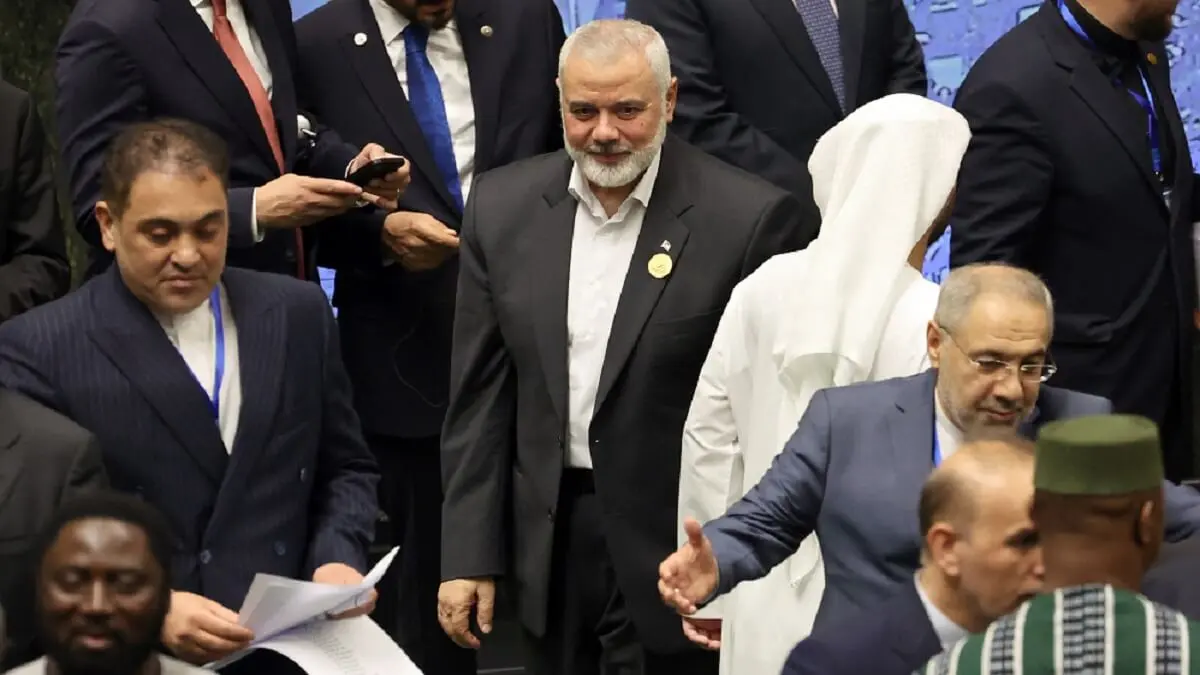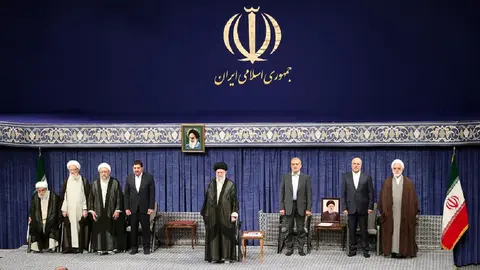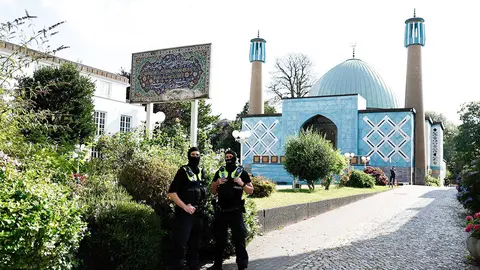Why Israel cannot win in Lebanon

What is driving the latest Israeli airstrike on Beirut and how will today’s assassination of Hamas Chief Ismail Haniyeh in Iran alter the conflict? How could this escalate into a larger regional conflict? What exit ramps does the world have to prevent this conflict from spilling over?
Iran has vowed to retaliate, especially since the Hamas leader was in Iran for the presidential swearing-in ceremony. Iran's response will likely involve a mix of hybrid tactics, including actions by Hezbollah, Houthi rebels, cyberattacks, and possibly a large-scale attack similar to the 300-missile and drone assault on Israel in April. Although this attack was intercepted by the U.S., allies, and Israel's Iron Dome, it cost over a billion dollars to defend against.
One thing is clear: Iran and Hezbollah will be the clear winners if this conflict escalates further, which risks dragging the U.S. into direct conflict as it defends Israel.
From today's likely strike killing Hamas chief Haniyeh in Tehran to Tuesday’s Israeli airstrike on Beirut's southern suburbs, which targeted a senior Hezbollah commander linked to a deadly rocket attack on a football pitch in the Golan Heights, it is clear the conflict is escalating.
These actions are expected to intensify hostilities between Israel and Hezbollah, further emboldening Iran. The Iranian president has vowed to make the "occupiers regret their cowardly act" on Iranian soil, adding to Iran's embarrassment from its failure to intercept Israeli missiles that hit Iranian air defense system on April 19 which was Israel’s response following Iran's own 300-missile and drone attack on Israel which was in response to Israel killing an Iranian military commander in Syria. Every attack is a response to a previous event, showing an escalation of tit for tat.
Amid heightened tensions, Israel is fortifying its defenses and preparing for further retaliatory actions. Anticipating escalation, Israel is targeting other Hezbollah commanders and bolstering its forces for a potential ground invasion. Israel aims to eliminate the Hezbollah threat by pushing it back to the Litani River, 29 kilometers north of the Israel-Lebanon border. Simultaneously, Israel is strengthening its air defenses in anticipation of another costly barrage of Iranian missiles. The full extent of Iran's and Israel's retaliation plans remains unknown, but Israel's security cabinet has authorized a military response to the recent attack, leaving civilians on both sides of the border and the wider region bracing for further conflict.
Israeli Prime Minister Benjamin Netanyahu, influenced by his nationalist coalition partners, has adopted a hardline stance following the attack, which has allowed him to maintain power despite a fracturing coalition. The United States has been leading global diplomatic efforts to dissuade Israel from further strikes on Beirut or Lebanese infrastructure, aiming to prevent the situation from escalating into a full-scale conflict. However, U.S. efforts have previously fallen on deaf ears. Despite these efforts, U.S. Defense Secretary Lloyd Austin emphasized on Tuesday that while the U.S. hopes for a diplomatic resolution, it will defend Israel if Hezbollah attacks from Lebanon, or if Iran attacks again. This statement emboldens Israel to act while putting U.S. diplomats and military stations around the Middle East at risk from Iran’s other proxies.
Israel cannot win a war against Hezbollah in Lebanon, and all parties should know this. Any escalation could be more deadly than previous encounters, as Hezbollah is now better trained and equipped compared to Hamas in Gaza, where Israel is still fighting and taking casualties. Iran's increased and overt support adds complexity and heightens the risk of a broader conflict, potentially leading to another missile exchange between Iran and Israel.
Military analysts indicate that Hezbollah’s arsenal includes between 120,000 and 200,000 short-range guided ballistic missiles, short- and intermediate-range unguided ballistic missiles, and drones capable of targeting Israeli troops and overwhelming Israel’s defense systems. This significant military capability is bolstered by potential support from Iran, Iraq, Syria, and Yemen, with offers to send tens of thousands of fighters to assist Hezbollah. The human toll of the conflict is already severe, with over 300 Hezbollah fighters and numerous civilians killed by Israeli strikes, and more than two dozen Israeli soldiers and civilians killed by Hezbollah attacks. These attacks have also caused tens of thousands of displacements on both sides.
Iran stands to gain from this conflict by further destabilizing Israel through its support for Hezbollah, while the world watches for Iran's next move. Iran's new president, Masoud Pezeshkian, sworn in on Tuesday, faces a complex challenge: balancing a moderate approach to reduce Western sanctions while confronting Israeli aggression, all while recognizing that Supreme Leader Ayatollah Ali Khamenei retains ultimate authority.
Beyond direct missile attacks on Israel, Iran could further embolden the Iranian-backed Houthis in Yemen, escalating attacks on ships in the Red Sea. Iran might also threaten or attempt to block the Strait of Hormuz, disrupting global oil and LNG supplies. Such actions would likely provoke a unified and robust response from the United States, as both major U.S. political parties support a tough stance on Iran.



